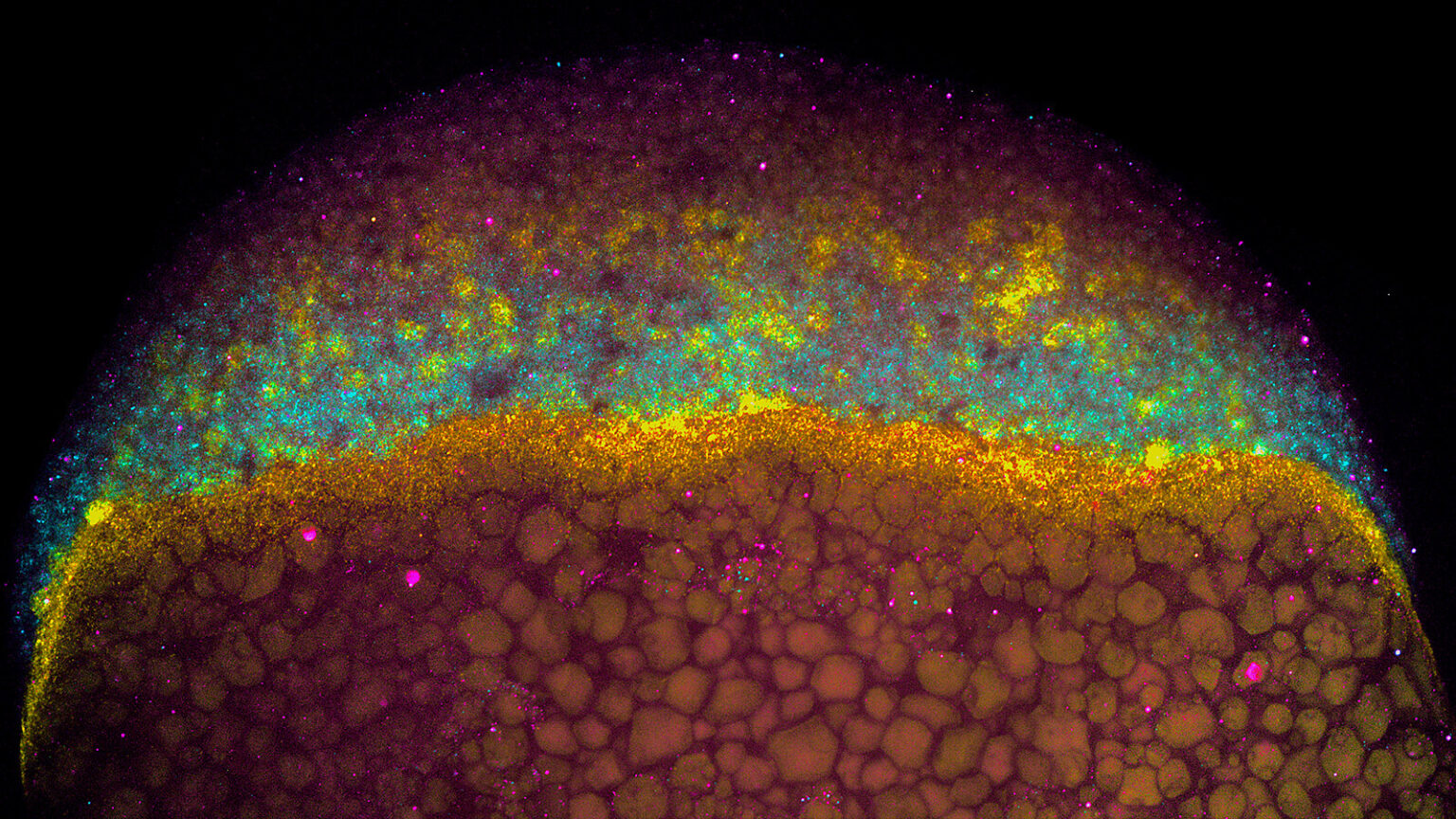
Bazzini Lab
Exploring the fundamental processes of biology is essential in our quest to understand the secrets of life.

Human conditions like cancer, Alzheimer’s, diabetes, cardiac disease, and birth defects may appear unrelated, yet they all stem from disruptions in fundamental cellular and molecular processes.
Stowers Institute science focuses on foundational research in organisms, tissues, and cells to understand the many mechanisms underlying human health and disease.
Using diverse research organisms like planarian flatworms, zebrafish, and sea anemones, Stowers scientists are investigating how genomes have both evolved and been conserved throughout the history of life on Earth. Detailed analysis uncovers new insights underlying processes like cell division, cell differentiation, sensory perception, energy storage, memory formation, and regeneration.
Our goal: The creative, innovative exploration of every aspect that makes life possible will ultimately translate to our understanding and ability to develop new strategies to prevent and treat illness and disease.
Transformational science requires the transformation of science. Through the unparalleled generosity and vision of our founders, Jim and Virginia Stowers, we have a scientific ecosystem that encourages discovery and innovation. Jim, founder of American Century Investments, and Virginia followed their initial generous investment by establishing a funding model that provides ongoing support of our research through the annual dividends from American Century Investments. Because of this structure, Stowers scientists are uniquely positioned to explore with freedom, allowed the ability to follow biological avenues that lead to novel discoveries, and to share their findings for the betterment of humanity.
All forms of life are composed of cells. From a single-celled bacterium to a Giant Sequoia, from a worm to a human. Biology research at the molecular and cellular level is akin to the study of chemistry at the atomic level. The processes carried out by “molecules” within and between cells, the fundamental building blocks of every organism, are as diverse as the variability of life on our planet. The common yet vastly different functions performed by cells is an area primed for novel discoveries on decoding life’s secrets at the microscopic level. At the Stowers Institute, many of our scientists are dedicated to understanding the molecular and biochemical interactions governing our cells.
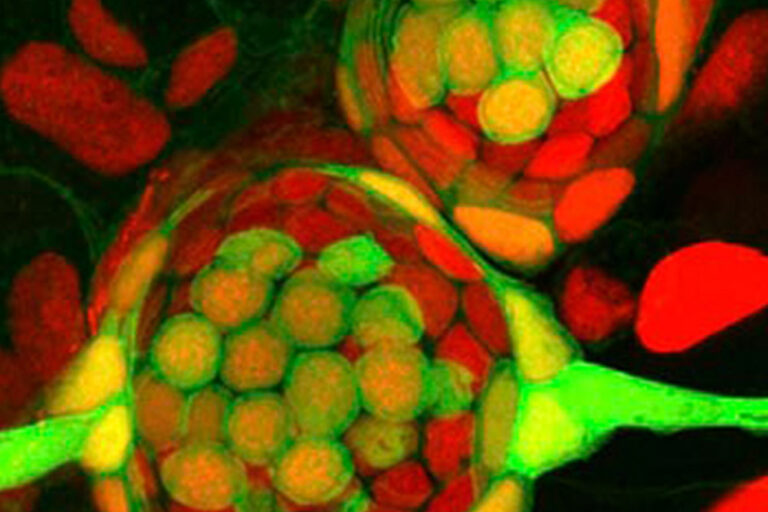
Press Release
06 June 2025
The study from the Stowers Institute and the University of Georgia uncovers more than 300 potential targets for drug development for a lethal fungus.
Read Article
News
05 May 2025
Collaboration with Stowers scientists uncovers how cells cope with defective ribosomes
Read Article
Developmental biology research focuses on the means by which all living things develop or grow into their mature forms. We seek to understand every aspect of normal development to identify how and where development can be disrupted. In animals, early development is intricately related to regeneration, the restoration of cells, tissues, organs, or body parts. We examine how cells can differentiate into any of the many types of cells found in an adult organism such as planarian flatworms, leading to a better understanding of development and growth and what goes wrong in disease.
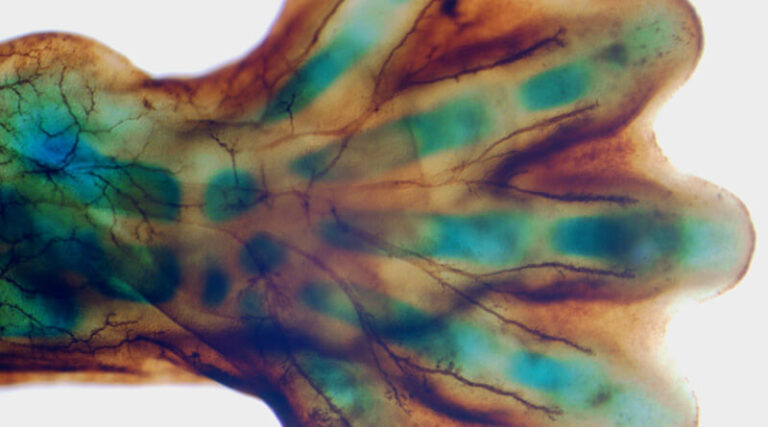
News
22 November 2024
Discovery offers potential therapeutic target for certain cancers
Read Article
News
09 April 2025
New study shows how we can better learn our genome’s hidden grammar, potentially paving the way for personalized medicine.
Read Article
Genetics, the study of genes encoded by DNA, is at its very foundation what and who we are. At the Stowers Institute, our scientists are profoundly focused on decoding genes that control specific functions required by all organisms, and understanding the oftentimes unexpectedly harmful impacts caused by mutations in these genes. The regulation of gene expression, or how gene activity is turned on and off at specific times and places, is another major area of study. Genomics, the study of many or all our genes together, is critical for underpinning the structure and function of the genome, how different genes are expressed, and how genes interact in health and disease.
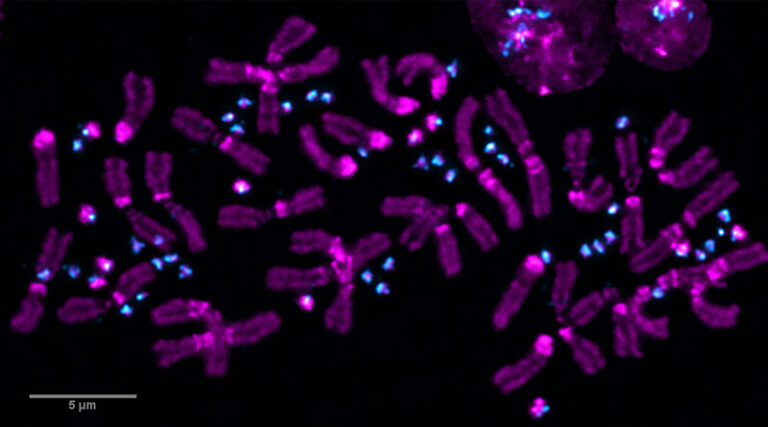
Press Release
17 March 2025
The findings may help scientists better understand infertility, neurodegeneration, and evolution.
Read Article
Press Release
14 March 2024
Stowers scientists’ collaboration reveals a genetic basis for starvation-induced fatty liver with a potential therapeutic avenue
Read Article
The human brain, composed of 86 billion neurons involved in nearly one quadrillion synapses or signals, orchestrates everything we do. The study of neuroscience encompasses not only the brain but also our sensory systems and how neurons and glia communicate information between the brain, spinal cord, and nervous systems that influence behavior and memory. Stowers’ scientists are actively pursuing the bases underlying neurodegenerative diseases like Alzheimer’s and Parkinson’s, in addition to addressing the dual nature of amyloids in disease and in the creation of memory.

News
03 April 2025
A recent article co-authored by Stowers Investigator reviews current neurobiology research to highlight and foster scientific discussion.
Read Article
News
23 May 2024
Though presently incurable, research from Stowers Associate Investigator Randal Halfmann, Ph.D., is helping improve our understanding of how the ALS amyloid protein that forms aggregates in the brain first starts. Recently, the team made an unexpected, exciting discovery that offers hope for the future.
Read Article
Systems biology is the comprehensive study of how genes, cells, and tissues interact through complex signaling mechanisms. Our scientists seek to understand the bases for vast arrays of biological systems and to uncover how these circuitries can go awry in human disease. Techniques used at the Stowers Institute include computational modeling and AI approaches to investigate these complex mechanisms.

News
12 February 2025
The Sauka-Spengler Lab explores the blueprint and circuitry driving cells
Read Article
News
16 November 2024
Until now, scientists didn’t fully understand how Chd7, a gene that helps unpack tightly wrapped DNA, becomes activated within the neural crest during development.
Read Article
From the appearance of the very first cell, every form of life on our planet shares a common ancestor: DNA. How, over the course of billions of years, did such diversity arise? What can we learn from our more evolutionary distant relatives? At the Stowers Institute, our scientists examine fundamental processes over a wide range of research organisms on different branches on the evolutionary tree of life to understand the similarities and differences in the mechanisms governing human health and disease.
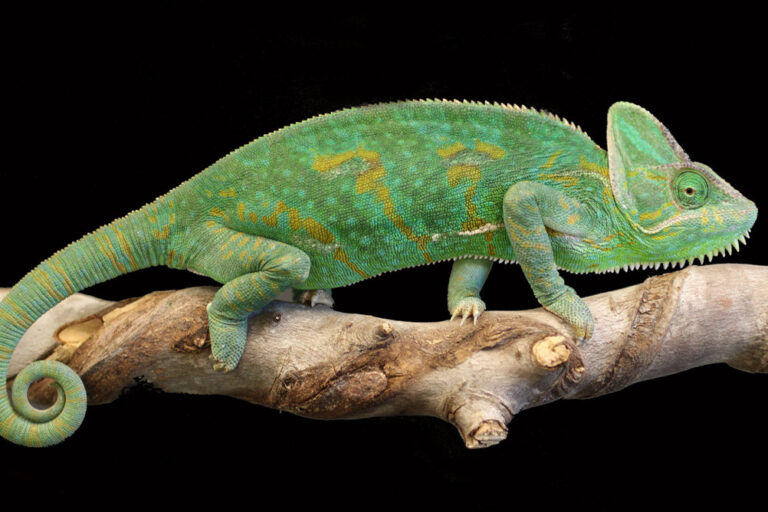
News
03 June 2025
With the hope of discovering new ways to save these iconic animals from extinction, scientists at the Stowers Institute have successfully induced sexual reproduction in a population of Great Barrier Reef coral housed hundreds of miles from the nearest ocean.
Read Article
News
09 April 2025
The multi-institutional study assembling six ape genomes provides a new appreciation for how chromosomes evolve.
Read Article
In The News
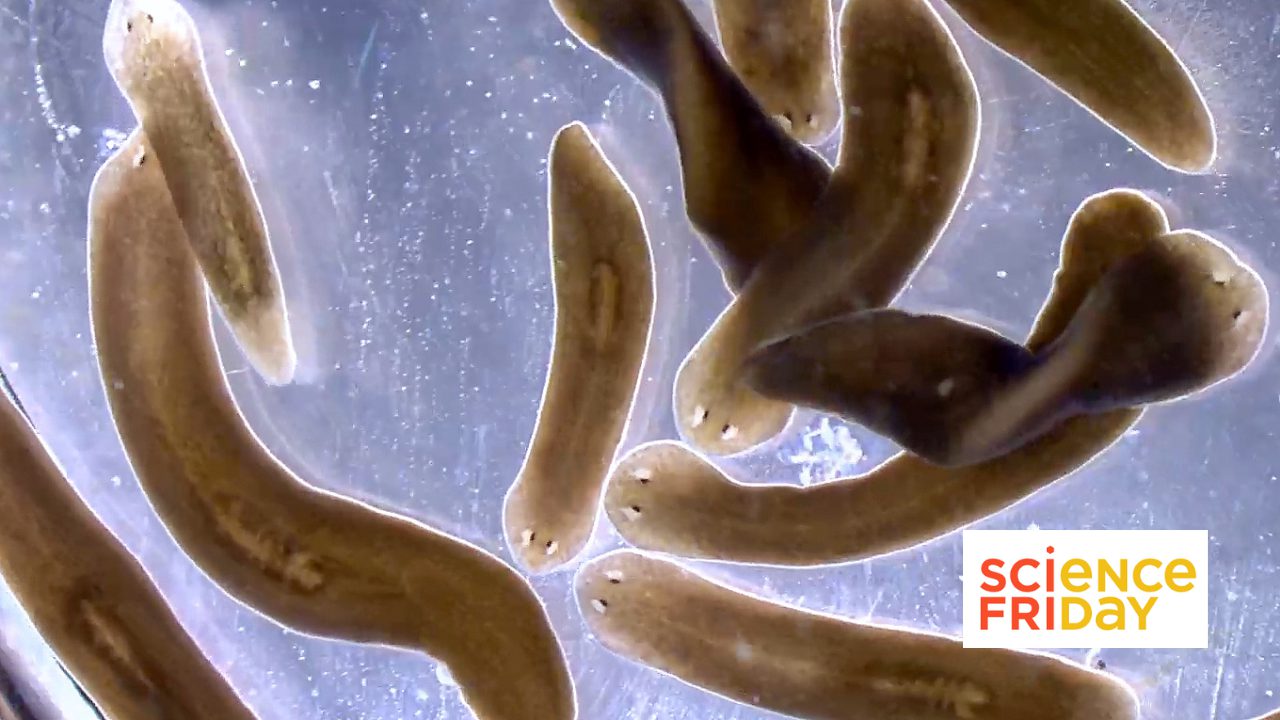
01 January 2026
From Science Friday, President and CSO Alejandro Sánchez Alvarado talks about the science of regeneration and the biology lessons we can carry into the new year.
Read Article
In The News
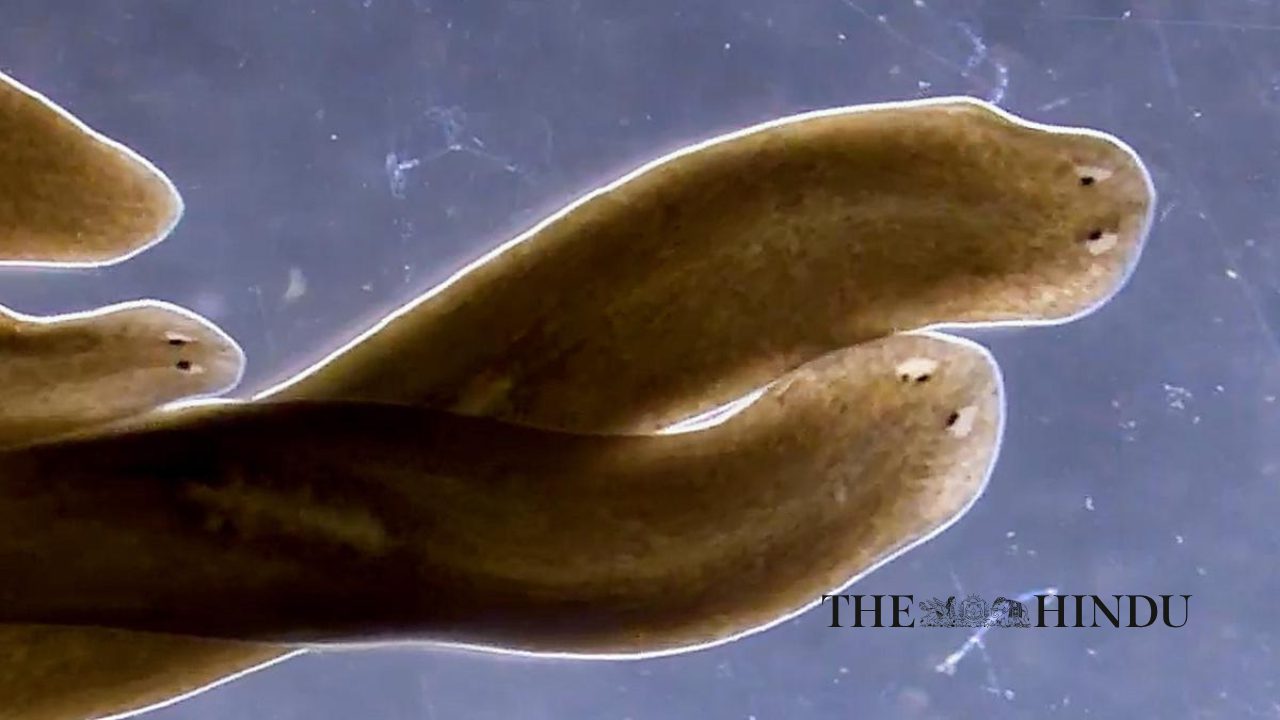
23 December 2025
From The Hindu, regeneration research from the Sánchez Alvarado Lab
Read Article
In The News
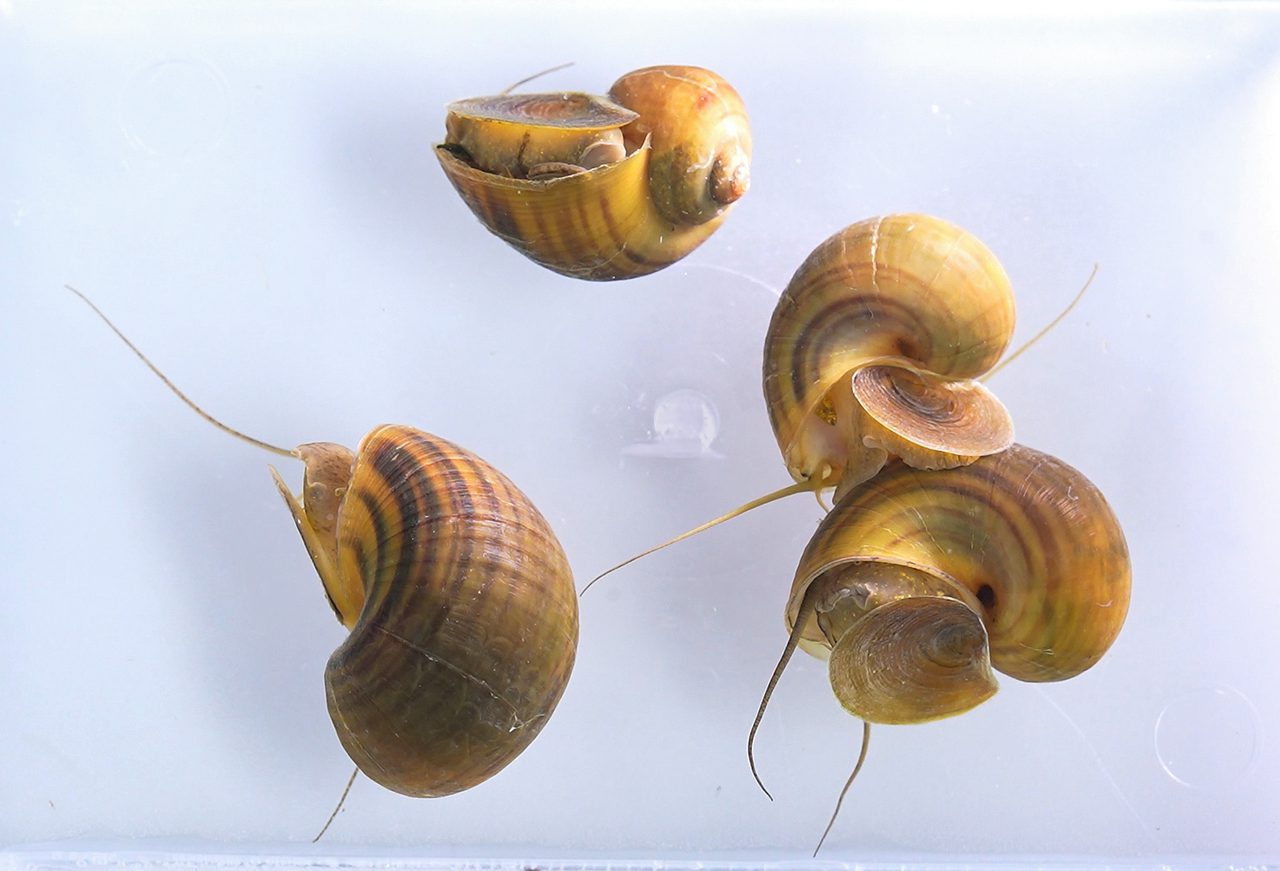
22 December 2025
From Ophthalmology Breaking News, Stowers scientists study eye regeneration in apple snails
Read Article
